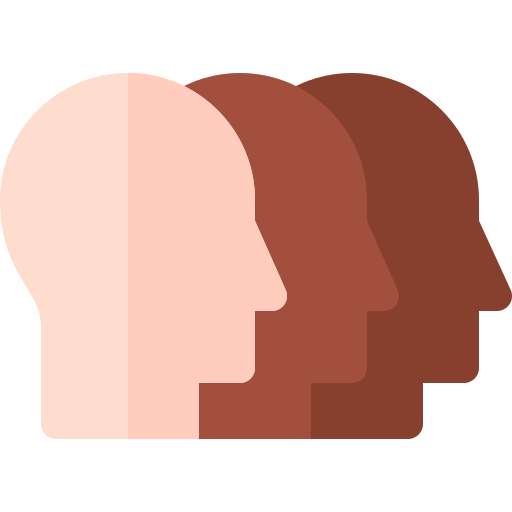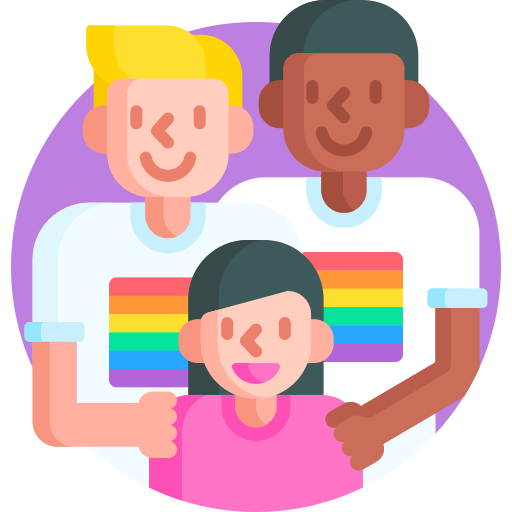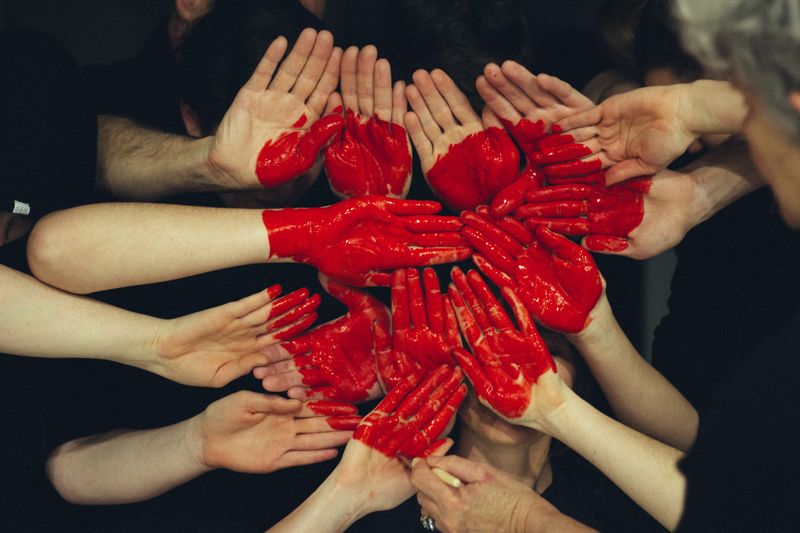
This logo isn't an ad or affiliate link. It's an organization that shares in our mission, and empowered the authors to share their insights in Byte form.
Rumie vets Bytes for compliance with our
Standards.
The organization is responsible for the completeness and reliability of the content.
Learn more
about how Rumie works with partners.
 Photo by Brooke Cagle on Unsplash
Photo by Brooke Cagle on UnsplashJamila started a new job this week and is meeting with a group of coworkers for coffee after work.
John, one of her coworkers asks, “Where are you from?”
Jamila, tensing up, says, “I moved here from California.”
John continues, “No, where are you really from? What are you?”

Jamila feeling triggered quickly says, “My family is from Mexico, but I’ve lived here my whole life.”
John replies, “Oh, you’re Mexican. What a beautiful country! I’ve been to Acapulco…lovely place…great people! You must speak Spanish then?"
Jamila with a frown on her face mumbles, “No, not really.”

What’s wrong with this conversation?
What made Jamila feel so uncomfortable?
Unpacking Questions about Culture
When questions about culture come up such as “Where are you from?”, they're often brought up with a genuine sense of curiosity.
However, these types of questions can quickly turn into microaggressions:
A microaggression is a behavior or action — whether accidentally or purposefully — that subtly undermines someone’s identity by playing into the stereotypes or historic biases about social groups.
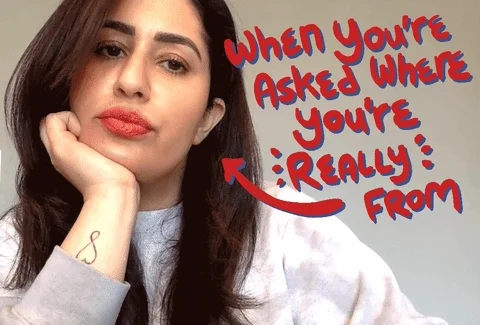
This happens when attention isn't paid to how the question makes the person on the receiving end feel or the questions are framed in insensitive ways such as, “Where are you really from?” or “What are you?”
Quiz
Which of the following statements could be a microaggression when asking about someone's cultural background?
All of these statements are microaggressions. They single the person out as different.
Why Questions about Culture Can Make People Uncomfortable
Some people love talking about their culture and welcome the question “Where are you from?”, but for others, it can be triggering.
As Rakshitha Arni Ravinshankar in a recent article states:
It may be a question that’s asked out of curiosity (and I do believe that is usually the case), but it has the potential to trigger something very personal: Our sense of belonging.

Did you know?
This Byte was created by a volunteer professional that wanted to share this insight to help you succeed - no agenda, no cost.
Develop a Relationship First
Wondering how you can be more culturally sensitive?
 Photo by Christina @ wocintechchat.com on Unsplash
Photo by Christina @ wocintechchat.com on UnsplashTake the time to get to know a person based on who they are, not what they are.
Consider asking questions like:
"What are your aspirations?"
"What do you do for fun?"
"What would you like me to know about you?"
When you take the time to get to know a person, they feel valued. Questions and sharing about their culture can come up more naturally.
Be Sensitive
Consider how a question about culture will make a person feel and how well you know the person before you ask.
Pay attention to their body language and responses.
Don’t insist that someone talk about their culture if you can tell it makes them uncomfortable.

If you can tell they feel hurt by a question you asked, apologize.
Consider How You Frame Questions about Culture
Once you've taken the time to develop a relationship with a person and are truly curious to know more about the person based on their culture, be careful of how you frame your questions.
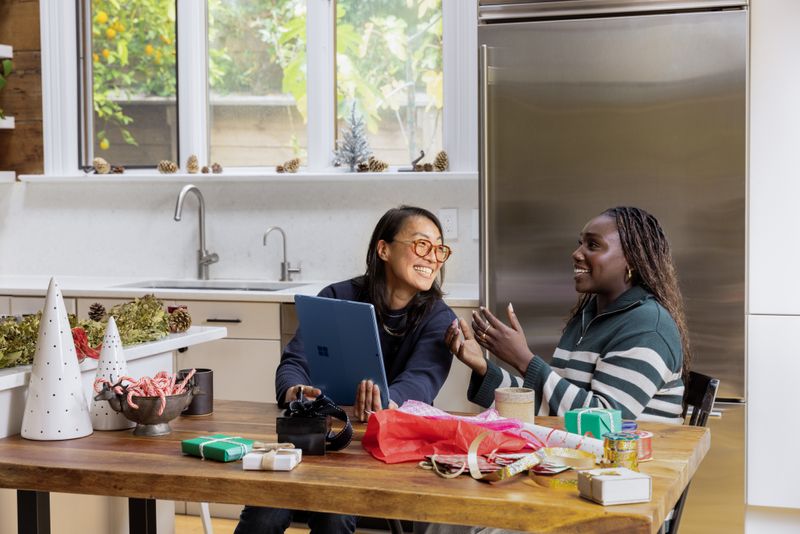 Photo by Surface on Unsplash
Photo by Surface on UnsplashBetter than asking, "Where you are from?" you might ask:
"What is your cultural background?"
"What is your family heritage?"
These types of questions don't challenge a sense of belonging quite so much.

Sarah is at a party and she introduces herself to Ana who speaks with a Spanish accent. She's curious to know where she's from. What would be an appropriate question to ask next?
A. "You have a beautiful accent. Where are you from?"
B. "How long have you been here in the U.S.?"
C. "How do you know Jackson (host of the party)?"
Quiz
What would be an appropriate question for Sarah to ask next?
It is better for Sarah to wait to ask Ana questions about her culture. Even though she's just curious, asking questions A or B might make Ana feel uncomfortable and singled out as different.
Take Action
This Byte has been authored by
Yvonne Caples
Learning Experience Designer | CS Educator

